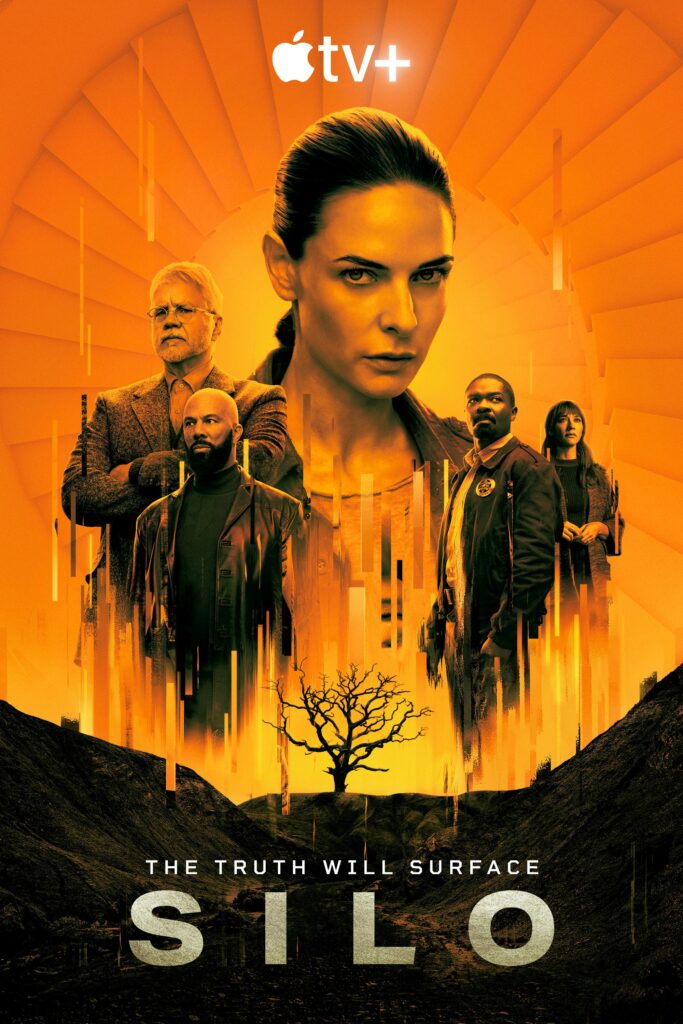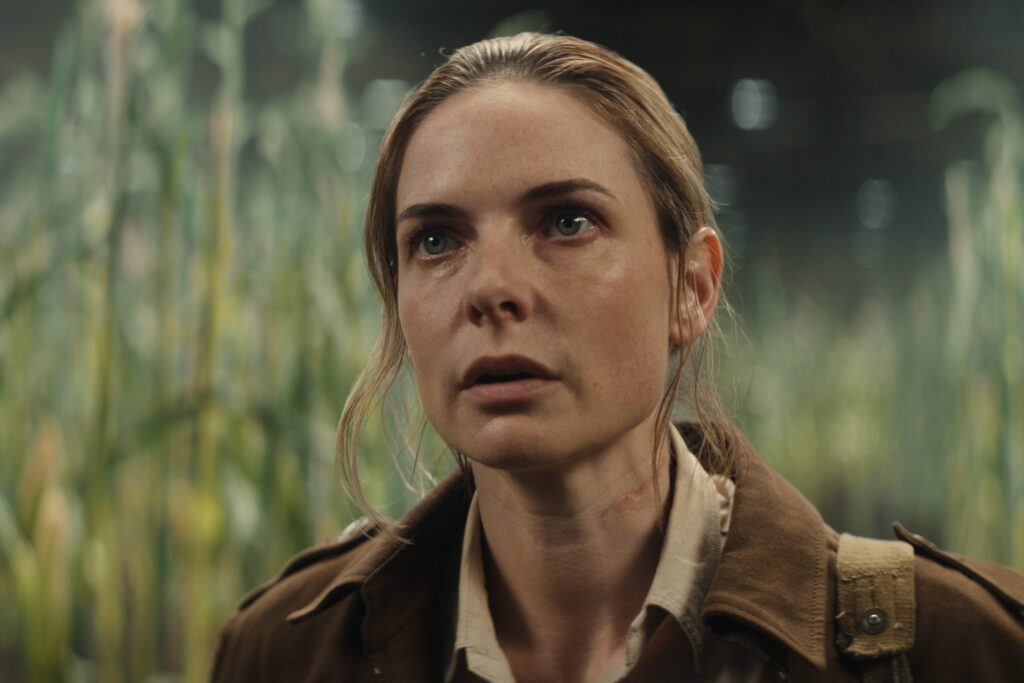Silo Christian Review

Once again, entering the world of “Silo,” adapted from Hugh Howey’s novel, “Wool,” is an entrance into a maze of moral dilemmas and existential dilemmas. Set in a future in which human survival depends on dwelling deep underground within a vast silo, this series does paint a pretty sharp picture of post-apocalypse society, at best. It is not one more dystopian drama but part of a story that looks deep inside the human psyche and societal structures, inviting viewers to think over timeless questions from a Christian perspective.
The Setting: A World Beneath the Surface
Imagine a world where the sky remained only in memory, and the air above was respiratory poisonous. Humanity crowded into a colossally huge, grotesquely long underground silo, a refuge against the toxic wasteland that once was our home. This silo is not only a shelter but a miniature of human civilization that has rules, hierarchies, and secrets buried as deep as the silo itself.
The silo would represent, from a Christian perspective, our fallen world—a world in which sin and its consequences have let us all flee from that original plan of God. Much like us, the silo dwellers grapple with the fallout from earlier actions, struggle through a world in which little trust seems to exist, and fight for survival with no easy options.
Themes of Truth and Revelation
Central to “Silo” is the theme of knowledge—what is known, what is hidden, and the power it holds. When Juliette, an engineer, gets close to unveiling the truth about a colleague’s death, she unravels truths that disturb the very foundation on which their enclosed society stands. This quest for truth firmly places the novel within the biblical mandate, where the search for knowledge is encouraged, even if it disrupts the status quo. For Christians, the pursuit of truth is bound into faith and the understanding that ultimate truth resides in God.
The forbidden knowledge in “Silo” opens up a number of serious ethical questions to be brought out regarding the result of concealing truth from human beings and the consequences of its revelation. Parallels are drawn with biblical stories where hidden truths suddenly come to light to expose the frailty of human endeavours and only show the necessity of light in our relationships and communities.
Ethical Dilemmas and Human Nature
The deeper one goes into “Silo,” the more profound dilemmas begin to emerge, in some ways not too different from some within the fabric of Christian teachings. The leadership of the silo is presented with hard decisions between security versus justice and survival versus integrity—two dilemmas that find their parallel in some of the intricacies Christians are called to navigate within a relational world often not given to clear moral lines.
The characters in “Silo” wrestle with guilt, redemption, and the aftereffects of their deeds. Their journey runs in parallel with the biblical saga of human fallibility and redemption at the hands of grace and forgiveness. Therefore, “Silo” reminds us choices have consequences, and it is never too dark to redeem ourselves.

Hope Amidst Desolation
Though located in a dark setting, “Silo” has glimpses of themes that evoke hope and resilience. Much like Christians living in times of distress, Silo residents cling to hope for better times ahead, way beyond the struggles of the moment. Now, the hope here is not mere wishful thinking but rather anchored on a belief that there will be renewal and restoration.
In Christianity, hope is rooted in faith—in the fact that God’s plans for us are good, amidst whatever kind of adversity a person may be going through. “Silo” gives viewers the impetus to consider where they place their hope and how they react when things go wrong. It reflects persistence in the middle of uncertainty and desperation, with assured hope placed in God’s promises.
Community and the Body of Christ
Community within the silo becomes very instrumental in survival and identity. Ties that are formed through hardship and struggle together resemble the biblical understanding of the body of Christ, where people, in spite of all their differences, are members of the whole and dependent upon one another.
The conflicts and alliances in “Silo” bring out very powerfully the complexities of community life, showing how integral unity is to interacting and living amidst people of different backgrounds. It gets viewers thinking about their own places within their respective communities and about the Christians’ responsibilities to be there for one another.
Conclusion: A Thought-Provoking Journey
“Silo,” as a character- and morally complicated drama, offers an audience some very interesting storytelling that raises the possibility of critical, self-reflective thinking. One will embrace reflecting on a Christian perspective from these portrayals of truth, ethics, community, and hope against the background of a dystopian society offered by this series. The series calls one to seriously consider his or her beliefs and actions in light of faith and values.
But at the deepest level, “Silo” is not so much a tale of survival as it is something linked much deeper in the human condition and our quest for meaning and redemption. Moving audiences through an underground world with plot twists and turns, they’re invited to reflect on what these portrayal themes and dilemmas relate to in their own journey of faith and understanding.
The piece considers “Silo,” challenging us to ask the most of ourselves, relativize in humanness, and seek a deeper knowledge of our place within God’s unfolding story.







